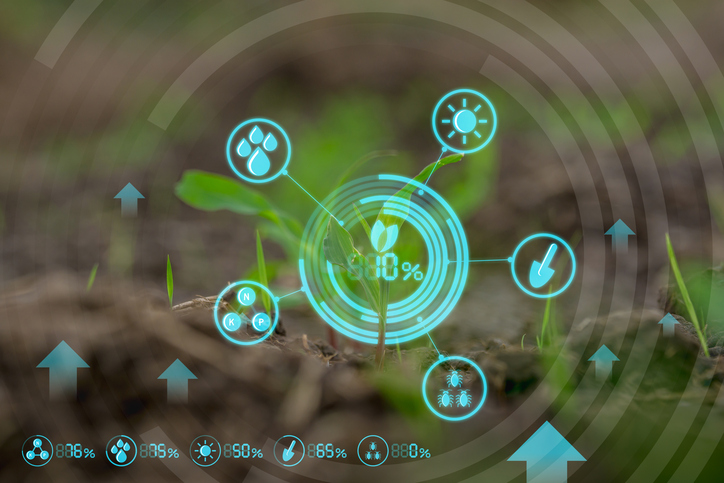September 25, 2018
As of 2020, each EU member state will have the ability to direct its own allocation of funding and direction for agtech innovation, and not the European Commission, as per the Common Agricultural Policy (CAP), said EU Agriculture Commissioner Phil Hogan.
Hogan expressed in a recent interview that the experience of the past year under the current CAP, has reinforced the fact that Brussels cannot dictate a single directive to 28 countries with different climates, levels of technological adoption, traditions, and priorities.
The newest CAP proposal made by the EC places particular importance on digitation and technological innovation, with each member state required to report what its plan is to drive adoption of precision farming and available technologies. And backing its commitment, the EC has raised funding for agricultural research to €10 billion (US$11.8 billion), of which a large portion will be earmarked for investments that advance digital farming.
Despite this seemingly forward-thinking stance on agtech, the EU has been historically reluctant to adopt advances in food production technologies.
The latest data from the International Service for the Acquisition of Agri-biotech Applications states that in 2016 global production of GMO crops reached its highest adoption since cultivation began in 1996, with 457 million acres being planted across 26 countries. However, 28 European countries have banned the cultivation of GMOs, with Ireland approving legislation just this past summer allowing the country to opt out of the cultivation of GMO crops that are being grown in other countries.
The EU has recently doubled down on its stance against biotechnology, after the Court of Justice of the European Union (EJC) in Luxembourg passed a ruling in July stating that crops developed using gene editing technologies such as CRISPR-Cas9 will be subject to the same strict regulations as GMOs. Meanwhile, the EU imports 30 million tons of corn and soy for animal feed which are vastly GMOs.
“This will have a chilling effect on research, in the same way that GMO legislation has had a chilling effect for 15 years now,” Stefan Jansson, a plant physiologist at Umeå University in Sweden, told Nature.
Brussels however, seems to be focusing on the digitalization of farming processes as a key to increased production.
“That is precisely why we are making such a huge investment in innovation and research and making such an effort to ensure that the benefits of such innovation and research are translated from the laboratory to the farm,” Hogan stated in an interview with Euractiv, continuing, “Digitisation will change farming in many ways; better use of inputs such as fertiliser, autonomous machinery (robots and driverless tractors), changes in the supply chain (direct marketing might get a new life), etc. In the new CAP, member states will design the appropriate support programmes to support the new possibilities such as digitisation.”
-Lynda Kiernan

Let GAI News inform your engagement in the agriculture sector.
GAI News provides crucial and timely news and insight to help you stay ahead of critical agricultural trends through free delivery of two weekly newsletters, Ag Investing Weekly and AgTech Intel.




